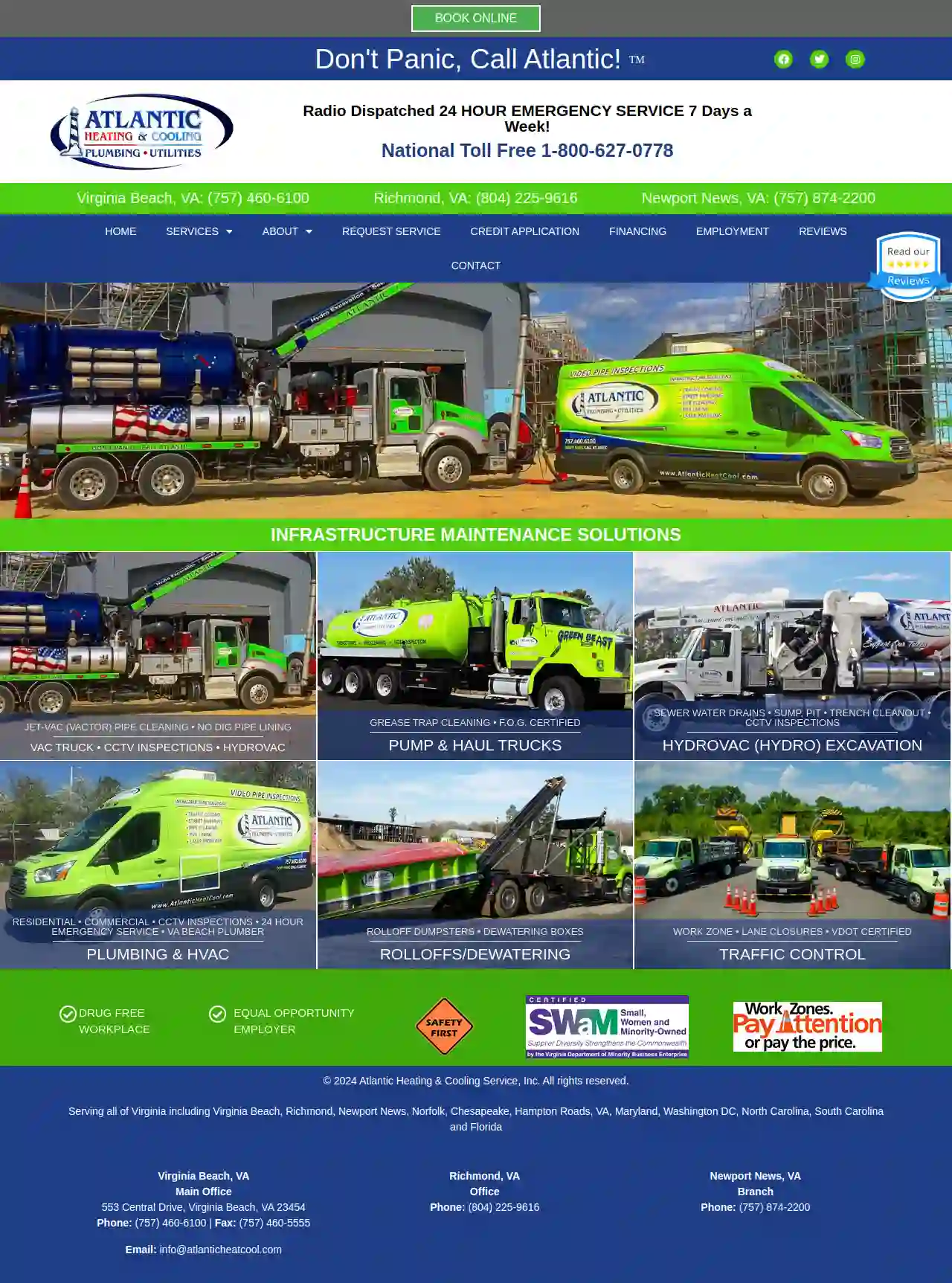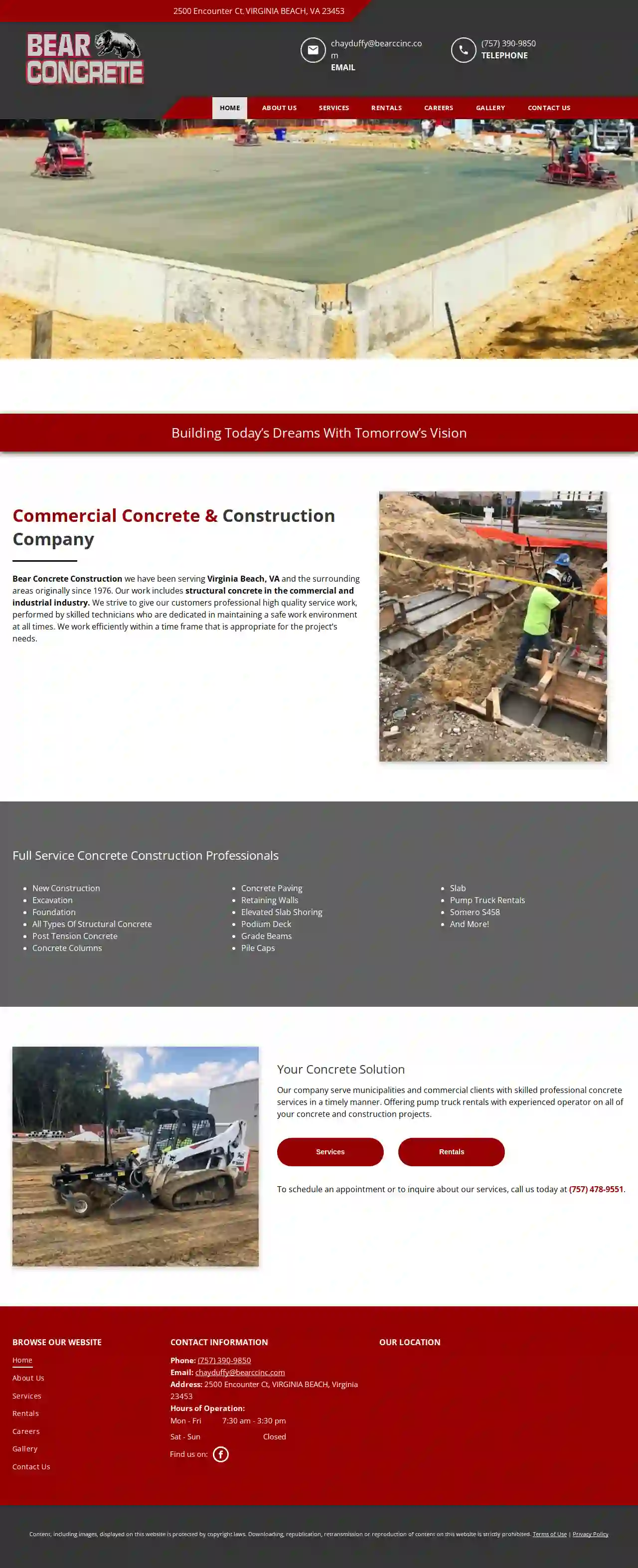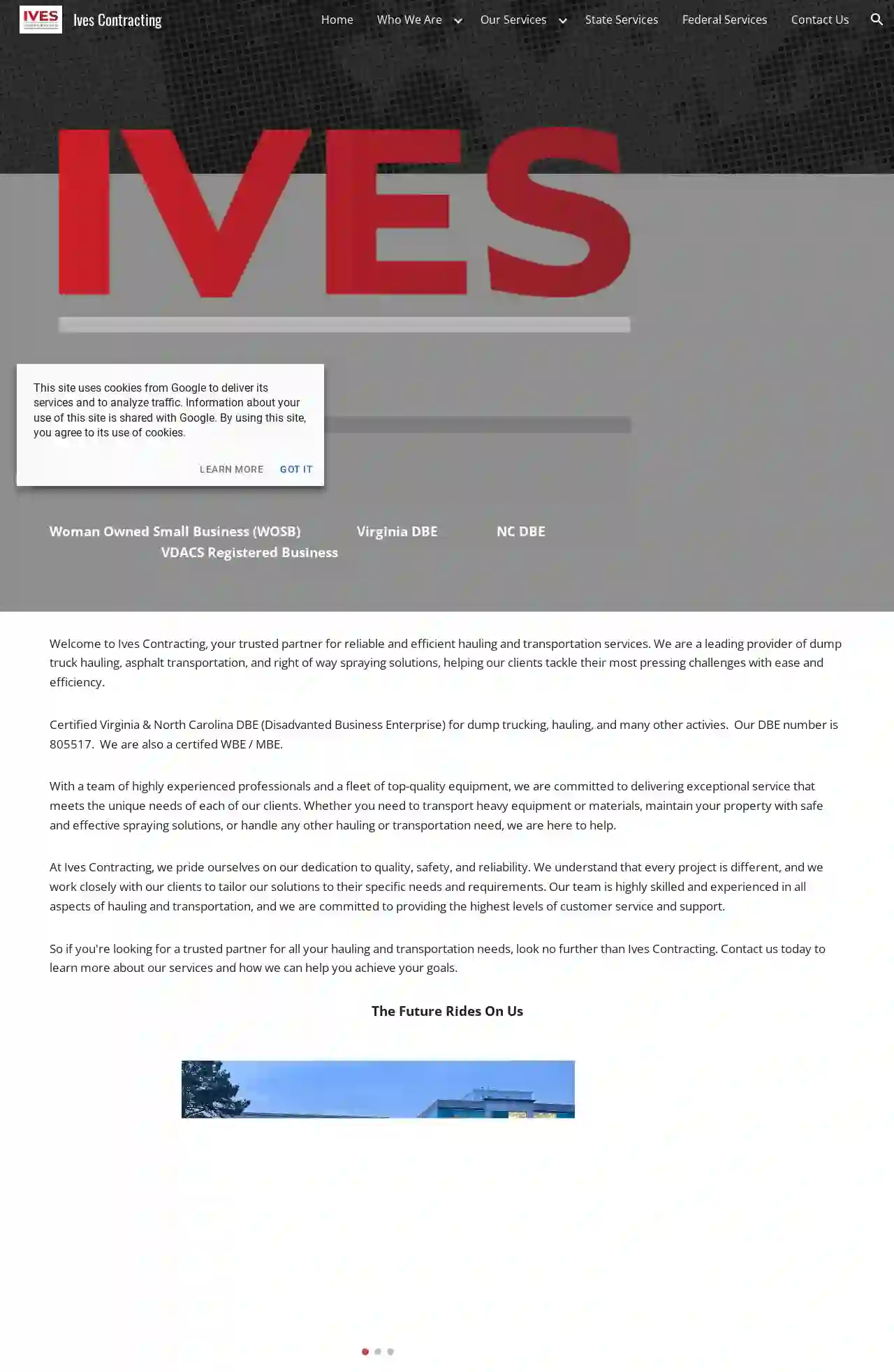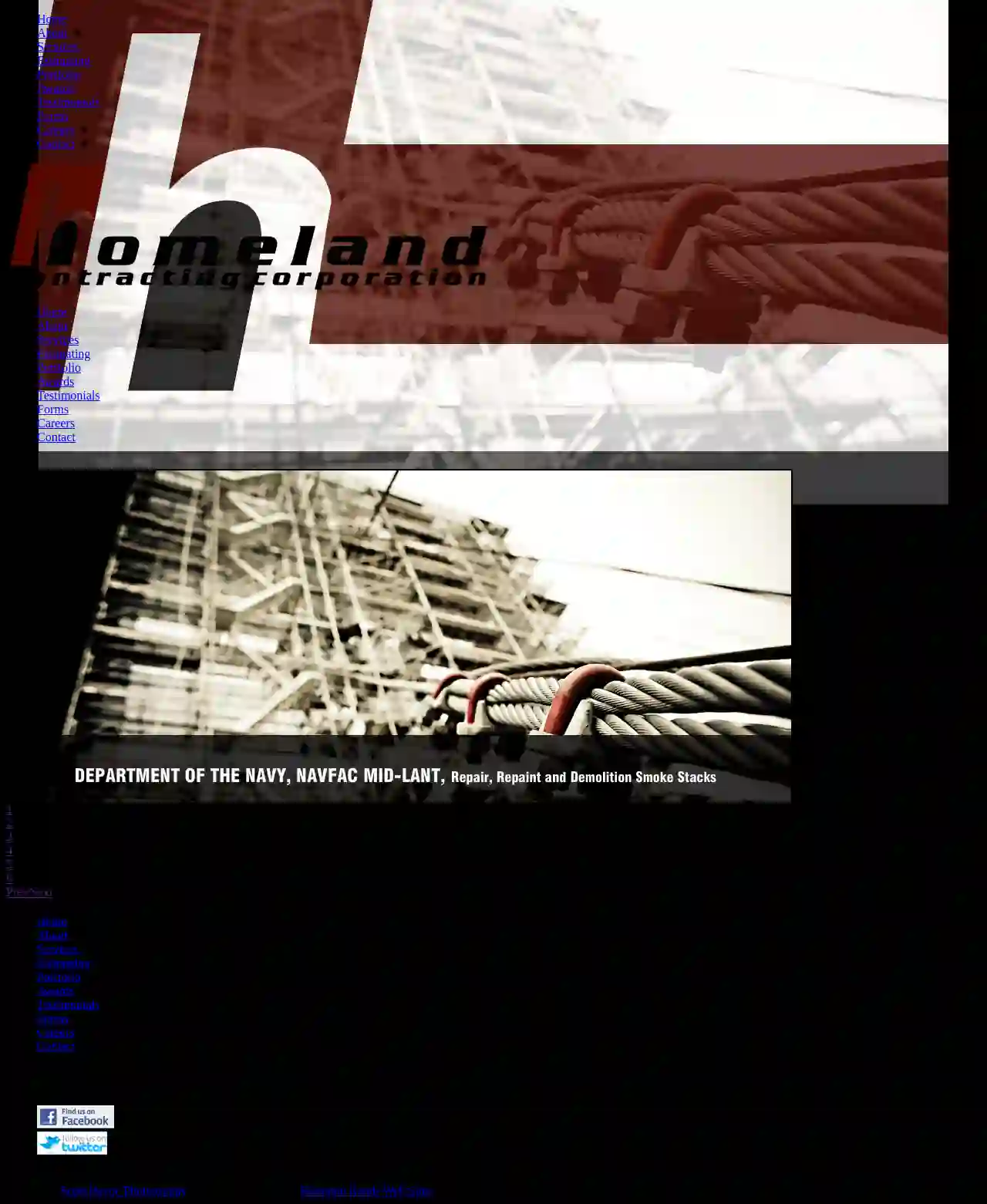Demolition Contractors Belmont
Find the best Local Demolition Contractors in Belmont
Get multiple Demolition Contractor quotes for your project today! Compare profiles, reviews, accreditations, portfolio, etc... and choose the best service.

Atlantic Heating & Cooling
4.232 reviews553 Central Drive, Virginia Beach, 23454, USAtlantic Heating & Cooling Service, Inc. Atlantic Heating & Cooling Service, Inc. is a leading provider of infrastructure maintenance solutions for residential and commercial clients in Virginia and beyond. We offer a wide range of services, including plumbing, HVAC, VACTOR pipe cleaning, CCTV inspections, hydrovac excavation, and traffic control. Our team of experienced professionals is dedicated to providing our clients with the highest quality service and support. We are committed to providing our clients with the best possible experience, and we are always striving to improve our services. We are proud to be a trusted partner for our clients, and we are committed to providing them with the peace of mind that comes with knowing that their infrastructure is in good hands. We are a family-owned and operated business with over 20 years of experience in the industry. We are committed to providing our clients with the highest quality service and support. We are also committed to providing our clients with the best possible experience, and we are always striving to improve our services. We are proud to be a trusted partner for our clients, and we are committed to providing them with the peace of mind that comes with knowing that their infrastructure is in good hands. We are a drug-free workplace and an equal opportunity employer. We are committed to providing our employees with a safe and healthy work environment. We are also committed to providing our employees with the opportunity to grow and develop their skills. We are proud of our team and we are committed to providing them with the best possible experience.
- Services
- Why Us?
- Testimonials
- Gallery
Get Quote
Bear Concrete & Construction INC
4.610 reviews2500 Encounter Ct, VIRGINIA BEACH, 23453, USBuilding Today’s Dreams With Tomorrow’s Vision Commercial Concrete & Construction Company Bear Concrete Construction has been serving Virginia Beach, VA and the surrounding areas since 1976. Our work includes structural concrete in the commercial and industrial industry. We strive to give our customers professional high quality service work, performed by skilled technicians who are dedicated in maintaining a safe work environment at all times. We work efficiently within a time frame that is appropriate for the project’s needs.
- Services
- Why Us?
- Gallery
Get Quote
Ives Contracting
523 reviews1194 Bells Road, Virginia Beach, 23454, USWelcome to Ives Contracting, your trusted partner for reliable and efficient hauling and transportation services. We are a leading provider of dump truck hauling, asphalt transportation, and right of way spraying solutions, helping our clients tackle their most pressing challenges with ease and efficiency. Certified Virginia & North Carolina DBE (Disadvanted Business Enterprise) for dump trucking, hauling, and many other activities. Our DBE number is 805517. We are also a certified WBE / MBE. With a team of highly experienced professionals and a fleet of top-quality equipment, we are committed to delivering exceptional service that meets the unique needs of each of our clients. Whether you need to transport heavy equipment or materials, maintain your property with safe and effective spraying solutions, or handle any other hauling or transportation need, we are here to help. At Ives Contracting, we pride ourselves on our dedication to quality, safety, and reliability. We understand that every project is different, and we work closely with our clients to tailor our solutions to their specific needs and requirements. Our team is highly skilled and experienced in all aspects of hauling and transportation, and we are committed to providing the highest levels of customer service and support. So if you're looking for a trusted partner for all your hauling and transportation needs, look no further than Ives Contracting. Contact us today to learn more about our services and how we can help you achieve your goals. The Future Rides On Us
- Services
- Why Us?
- Gallery
Get Quote
McGuire Contracting Co., LLC
530 reviews123 Main Street, Anytown, 00000, USAbout McGuire Contracting Company McGuire Contracting Company is a family-owned and operated business with over 20 years of experience in the construction industry. We are committed to providing our clients with high-quality workmanship and exceptional customer service. We specialize in a wide range of construction services, including: New home construction Additions and renovations Commercial construction Roofing Siding Windows and doors Decks and patios Concrete work Landscaping We are a full-service construction company, so you can rest assured that we will handle every aspect of your project from start to finish. We are also fully licensed and insured, so you can be confident that your project is in good hands. We are committed to providing our clients with the highest level of satisfaction. We work closely with our clients to ensure that their vision is brought to life. We also offer competitive pricing and flexible financing options to make your project affordable. If you are looking for a reliable and experienced construction company, look no further than McGuire Contracting Company. Contact us today for a free consultation.
- Services
- Why Us?
Get Quote
Griffin Dewatering
51 reviewsBeltsville, MD, USABOUT COMPLETE FLUID MANAGEMENT EXPERTS Griffin is your trusted fluid management partner. Customers choose us for our technical expertise, industry knowledge, and specialized fleet to solve their problems. Our projects range from engineered dewatering solutions, turnkey sewer bypass, pipeline hydrotests, water treatment solutions to simple pumping applications. Since 1934, we have been ensuring that our customers’ projects flow smoothly. About Griffin Griffin empowers its team with Fluid Thinking to innovatively and optimally solve customer challenges GO-TO-PARTNER Griffin fosters innovative problem-solving among its team for optimal customer solutions. SMOOTH PROJECT FLOW Our clients reply on us for our dedicated approach to ensuring every unique project is completed smoothly, on time and within budget.
- Services
- Why Us?
- Gallery
Get Quote
Homeland Contracting Corporation
32 reviewsVirginia Beach, USAbout Homeland Contracting Corporation Homeland Contracting Corporation is a leading provider of construction services in the Hampton Roads area. We have a long history of providing high-quality work and exceptional customer service. Our team of experienced professionals is dedicated to delivering projects on time and within budget. We are committed to safety, quality, and customer satisfaction. We are proud to be a part of the Hampton Roads community and are committed to giving back to the community through our charitable work. We are a family-owned and operated business with a strong commitment to our employees. We offer a competitive salary and benefits package, as well as opportunities for professional development. We are always looking for talented individuals to join our team. If you are interested in a career with Homeland Contracting Corporation, please visit our Careers page.
- Services
- Why Us?
- Accreditations
- Our Team
- Testimonials
- Gallery
Get Quote
Southeast Connections, LLC
3.118 reviewsAtlanta, USAbout Us Southeast Connections, LLC has earned a proud reputation for building one of the most productive, qualified, and safest workforces in the utility service industry. Since 1996, Southeast Connections has provided pipeline and facilities installation and repair, HDD/boring services, and comprehensive sewer camera inspection. Pioneers in the Gas Industry Southeast Connections specializes in energy infrastructure serving the natural gas industry. Our world-class utility infrastructure solutions are backed by more than 350 crews serving the utilities natural gas distribution and transmission needs of almost every major customer in the Southeastern United States. Our Commitment With a $40 million equipment fleet, we ensure our teams have the resources they need to do their best work and finish on time. We are committed to safety and training to ensure all team members understand how to mitigate the risks and perform their jobs to the best of their ability.
- Services
- Why Us?
- Gallery
Get Quote
Roto-Rooter Plumbing & Water Cleanup
4.8Virginia Beach, USVirginia Beach Plumbers Near You Virginia Beach Plumbing and Drain Solutions: Licensed Virginia Beach Plumber Providing Emergency Plumbing and Drain Services 24/7 Roto-Rooter is a licensed plumber in Virginia Beach, VA offering a full selection of plumbing services ranging from drain cleaning and toilet repair to leak detection. Our local plumbing services are provided by seasoned plumbing professionals who can take care of any problems from routine plumbing service, maintenance and repairs, to leaky toilets, clogged drains, and bigger, more complex plumbing emergencies. We are available 24/7 to offer you residential and commercial plumbing services that customers in Virginia Beach have relied upon for decades. We understand plumbing emergencies don't always occur during regular daytime hours. Roto-Rooter does not charge extra for plumbing or drain service on nights, weekends or holidays and there’s no trip charge. Providing America with top-notch plumbing service for more than 85 years, Roto-Rooter is Virginia Beach's to
- Services
- Why Us?
- Testimonials
- Gallery
Get Quote
Branch Civil
3.720 reviewsRoanoke, USABOUT BRANCH CIVIL IntegratedAdvanced Technology Our seasoned professionals, from the field to the office, are equipped and trained on the latest cutting-edge technology in the industry. This powerful combination enables Branch Civil to perform to a higher standard of productivity and efficiency, which enhances our ability to deliver a superior quality-built project. SolutionDriven At Branch Civil, the power is in our people. As an employee owned company, our success in the site development, civil construction and heavy highway infrastructure industries have been proudly built on the generations of service. We believe in a results-oriented, customer-focused approach while providing cohesive and innovative solutions for a wide array of projects. ResourceChampion As a leader in site and highway construction, we have built many of the largest and most challenging projects in our region. We pride ourselves on the depth our long tenured employees provide, while embracing the opportunity to engage the vitality of the brightest members of the younger generation entering the industry and the diversity this brings to our team. More About Branch Civil Branch Civil working on I-95 Project Branch Civil is the Lead Partner in a joint venture for the I-95 Express Lanes Fredericksburg Extension Design-Build Project in Stafford County, Virginia. This project elongates the I-95 Express Lanes with additional access points to Routes 17 and 630. Once completed, this new roadway will alleviate much of the congestion and significantly reduce travel time for commuters and residents. Roadway additions include two reversible, high-occupancy toll lanes in the existing median of I-95. When finished, the roadway will present a greater variety of travel options, including increased attractiveness of rideshare and transit use and a bypass option for vehicles with multiple occupants.
- Services
- Why Us?
- Gallery
Get Quote
Oya Construction, LLC
54 reviewsRoanoke, USSolving your stormwater problems Minimizing sediment loss from jobsites and protecting stormwater across Virginia SCHEDULE A CALL Expert Stormwater Management for a Sustainable Future. Quality Stormwater Solutions Oya Construction is a radical change-maker in the stormwater field. We are recognized as experts in the stormwater industry, working closely with your team to identify potential stormwater concerns on your project before they become problems. We use our extensive knowledge and experience to offer services throughout the project and beyond. We believe in enhancing water quality and improving the environment through construction by bringing a common sense approach to development.
- Services
- Why Us?
- Gallery
Get Quote
Over 22,076+ Excavation Pros onboarded
Our excavation pros operate in Belmont & surrounding areas!
ExcavationHQ has curated and vetted the Best Excavation Pros arround Belmont. Find a reliable business today.
Frequently Asked Questions About Demolition Contractors
- Feasibility Studies: Assessing the viability and challenges of a demolition project.
- Demolition Planning: Developing demolition plans, including method selection, sequencing, and safety procedures.
- Permitting Assistance: Navigating the demolition permitting process and ensuring compliance with regulations.
- Hazardous Material Surveys: Identifying and managing hazardous materials, such as asbestos and lead paint.
- Cost Estimating: Providing accurate cost estimates for demolition services.
- Project Management: Overseeing the demolition process and ensuring it proceeds as planned.
- General Liability Insurance: Covers bodily injury or property damage to third parties caused by the contractor's negligence.
- Workers' Compensation Insurance: Provides benefits to workers injured on the job.
- Pollution Liability Insurance: Covers costs associated with environmental contamination caused by demolition activities.
- Professional Liability Insurance: Protects against claims of negligence or errors in professional services, such as demolition planning or consulting.
What is the role of a demolition consultant?
What is the importance of insurance in demolition projects?
How can I tell if my building contains asbestos?
What is the difference between demolition and deconstruction?
Demolition: Typically involves bringing down a structure quickly and efficiently, often using heavy machinery and potentially explosives. The primary goal is to clear the site.
Deconstruction: Focuses on carefully dismantling a building piece by piece to salvage reusable materials. It prioritizes minimizing waste and environmental impact, often involving manual labor and specialized tools.
The choice between demolition and deconstruction depends on the project's objectives, budget, and environmental considerations.
What is the role of a demolition consultant?
- Feasibility Studies: Assessing the viability and challenges of a demolition project.
- Demolition Planning: Developing demolition plans, including method selection, sequencing, and safety procedures.
- Permitting Assistance: Navigating the demolition permitting process and ensuring compliance with regulations.
- Hazardous Material Surveys: Identifying and managing hazardous materials, such as asbestos and lead paint.
- Cost Estimating: Providing accurate cost estimates for demolition services.
- Project Management: Overseeing the demolition process and ensuring it proceeds as planned.
What is the importance of insurance in demolition projects?
- General Liability Insurance: Covers bodily injury or property damage to third parties caused by the contractor's negligence.
- Workers' Compensation Insurance: Provides benefits to workers injured on the job.
- Pollution Liability Insurance: Covers costs associated with environmental contamination caused by demolition activities.
- Professional Liability Insurance: Protects against claims of negligence or errors in professional services, such as demolition planning or consulting.
How can I tell if my building contains asbestos?
What is the difference between demolition and deconstruction?
Demolition: Typically involves bringing down a structure quickly and efficiently, often using heavy machinery and potentially explosives. The primary goal is to clear the site.
Deconstruction: Focuses on carefully dismantling a building piece by piece to salvage reusable materials. It prioritizes minimizing waste and environmental impact, often involving manual labor and specialized tools.
The choice between demolition and deconstruction depends on the project's objectives, budget, and environmental considerations.